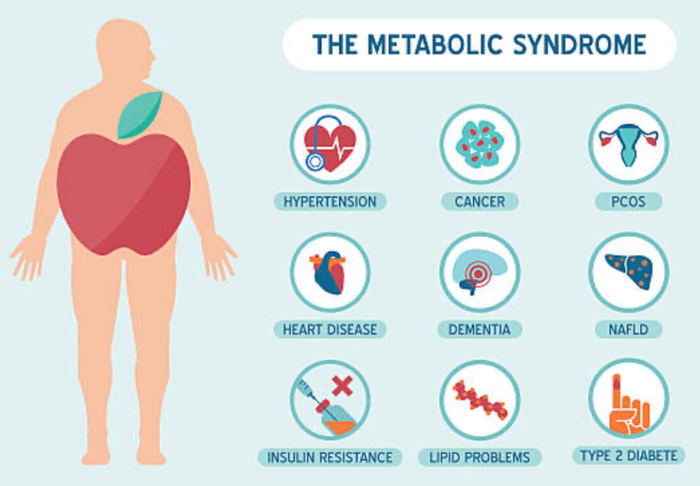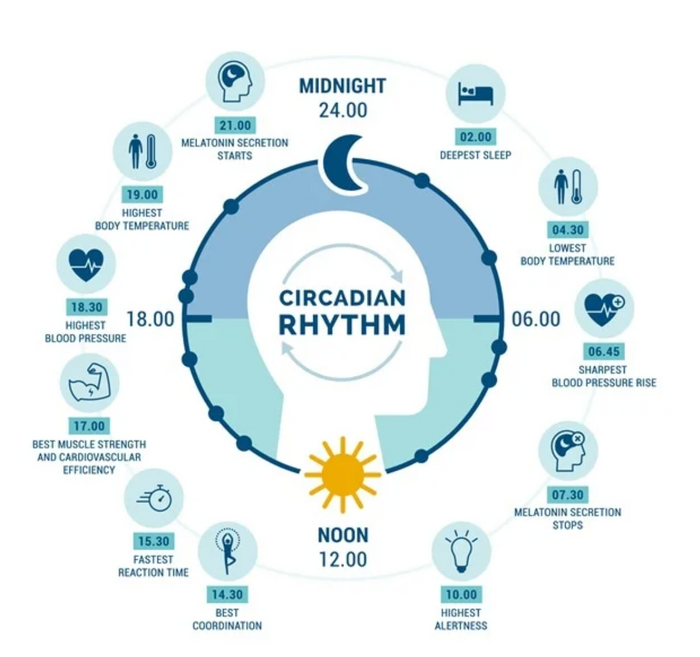As we navigate through life's natural transitions, menopause has often been a phase associated with numerous physical and physiological changes. However, it's crucial to discern the difference between what is truly a consequence of menopause and what results from years of cumulative diet and lifestyle choices. While hormonal shifts certainly play a role in our bodies' metamorphoses, we cannot overlook how our daily habits contribute to muscle loss, bone density reduction, weight gain, increased visceral fat, low energy levels, inactivity, and the impact of excess alcohol consumption.
Understanding Menopause: A Milestone, Not a Scapegoat
Menopause is undeniably a significant milestone in a woman's life, marking the end of menstrual cycles and a shift in hormone levels. Symptoms such as hot flashes, night sweats, and mood swings have been well-documented. Yet, attributing all post-menopausal health concerns to this biological process is both inaccurate and unfairly dismissive of the power we hold over our own health.
The Indelible Mark of Diet and Lifestyle
As we age, our bodies experience sarcopenia, the progressive loss of skeletal muscle mass and strength. This phenomenon isn't exclusive to post-menopausal women but to all aging individuals. It's exacerbated by poor diet choices, such as low protein intake and a scarcity of essential nutrients that support muscle synthesis. Similarly, lifestyle factors like chronic inactivity contribute markedly to muscle atrophy and the subsequent decline in metabolic rate.
Bone health is another area often mistakenly blamed solely on menopause. While decreased estrogen levels can affect bone density, a lack of weight-bearing exercise and inadequate intake of bone-building nutrients like calcium and vitamin D play vital roles. These lifestyle elements are within our control and can offset the natural bone loss associated with aging.
Weight Gain and Visceral Fat: Culprits in Plain Sight
The accumulation of body fat, particularly visceral fat, is not a menopause-specific occurrence. It's the culmination of years indulging in nutrient-poor foods, coupled with sedentary lifestyles. Inactivity and poor dietary habits set the stage for weight gain, with hormones merely adding another layer of complexity.
Re-evaluating Energy and Alcohol Intake
post-menopausal changes can affect energy levels, yet nutrition and exercise are integral to maintaining vitality. Diets high in processed foods can lead to insulin resistance and energy crashes. Furthermore, alcohol, often used as a social lubricant or emotional salve, has a significant impact—impairing sleep quality, promoting weight gain, and influencing mood swings independent of menopausal status.
The Road to Empowered Wellbeing
Our responsibility is to acknowledge and adjust the controllable aspects of our diet and lifestyle. As we age, making conscientious choices about what we consume and how we move can drastically change our health trajectories. Incorporating resistance training can combat muscle and bone loss, conscious eating can manage weight, and moderating alcohol intake can enhance overall health. Embracing physical activity, logical nutrition, and mindfulness can build a robust foundation for an empowered journey through menopause and beyond.
In conclusion, while menopause is a contributing factor to changes in a woman's body, it's not a catch-all blame for the consequences of long-standing diet and lifestyle habits. With awareness and proactive health strategies, we can mitigate—and often even reverse—the damage and live vibrant lives in all seasons of womanhood.




























